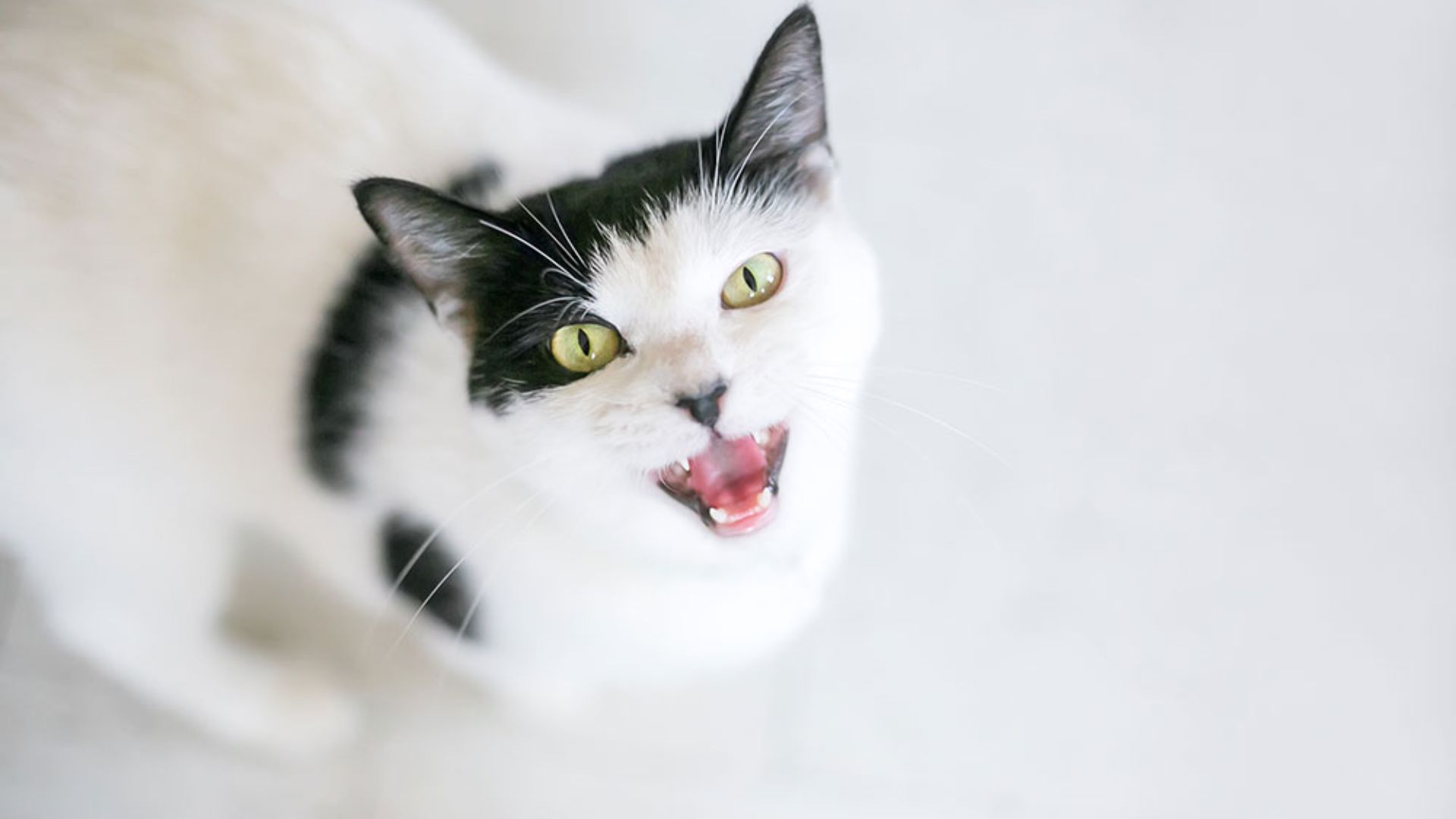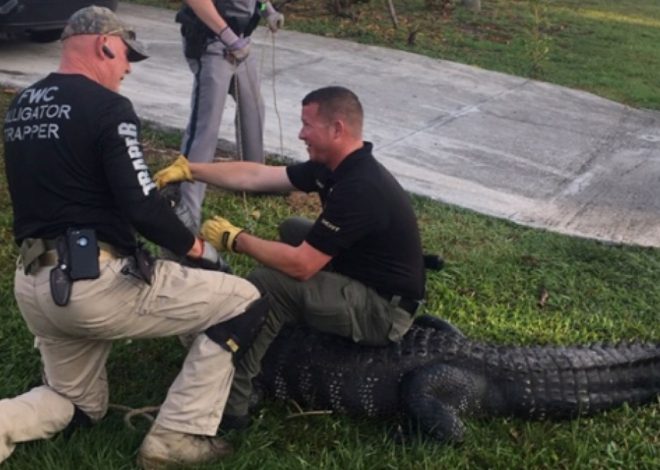
Why do cats hiss ?
Why do cats hiss ?
Cats hiss for several reasons, primarily as a warning to other animals or people. Here are some common reasons why cats hiss:
1.Warning shots: Cats hiss to let others know that they are agitated or unhappy with a situation. This could be due to rough play, protecting their young, or feeling threatened.
2. Pain: Cats in pain may hiss as a response to being touched or handled. If your cat is hissing and you suspect they may be in pain, it is best to consult with a veterinarian.
3. Unfamiliarity: Cats may hiss at new people or animals in their environment as a way of expressing fear or uncertainty.
4. Stress: Changes in a cat’s environment or routine can cause stress, leading to hissing as a way of communicating their discomfort.
5. Rough play: Cats may hiss during play if they become overstimulated or if the play becomes too rough.
6. Bugging them: Cats may hiss if they are being bothered or petted in a way that they do not like.
If your cat is hissing at you, it is important to pay attention to their body language and give them space if necessary. It is also important to address any underlying issues that may be causing the hissing, such as pain or stress.
Ways to calm down a hissing cat
To calm down a hissing cat, it is important to understand the underlying cause of the behaviour. Common reasons for hissing include fear, anxiety, pain, or territorial behaviour. Here are some ways to help calm down a hissing cat:
1. Give space and time: Cats may hiss when they feel stressed or threatened. Giving them space and time to calm down can help reduce the hissing behaviour.
2. Positive reinforcement: Reward your cat with treats or gentle petting when they exhibit calm behaviour. This helps create positive associations and builds trust over time.
3. Create a calming environment: Provide hiding spots, comfortable bedding, and familiar objects to help your cat feel at ease. Use positive reinforcement to reinforce calm behaviour.
4. Eliminate stressors: Identify and minimize stressors that may be causing your cat’s anxiety. This may include changes in routine, environment, or the presence of other pets.
5. Respect their body language: Pay attention to your cat’s body language and avoid forcing interactions when they show signs of discomfort or stress.
6. Seek veterinary care: If your cat’s hissing behaviour persists or is accompanied by concerning behaviours like changes in appetite or lethargy, speak to your veterinarian as it could indicate an underlying health issue that needs professional attention.
Remember to remain calm and composed when dealing with a hissing cat, and avoid approaching or attempting to touch them during hissing episodes. Allowing them the opportunity to retreat and calm down on their terms can help reduce the likelihood of escalating the situation.
Cats hiss for several reasons, primarily as a warning to other animals or people. Here are some common reasons why cats hiss:
1.Warning shots: Cats hiss to let others know that they are agitated or unhappy with a situation. This could be due to rough play, protecting their young, or feeling threatened.
2. Pain: Cats in pain may hiss as a response to being touched or handled. If your cat is hissing and you suspect they may be in pain, it is best to consult with a veterinarian.
3. Unfamiliarity: Cats may hiss at new people or animals in their environment as a way of expressing fear or uncertainty.
4. Stress: Changes in a cat’s environment or routine can cause stress, leading to hissing as a way of communicating their discomfort.
5. Rough play: Cats may hiss during play if they become overstimulated or if the play becomes too rough.
6. Bugging them: Cats may hiss if they are being bothered or petted in a way that they do not like.
If your cat is hissing at you, it is important to pay attention to their body language and give them space if necessary. It is also important to address any underlying issues that may be causing the hissing, such as pain or stress.
Ways to calm down a hissing cat
To calm down a hissing cat, it is important to understand the underlying cause of the behaviour. Common reasons for hissing include fear, anxiety, pain, or territorial behaviour. Here are some ways to help calm down a hissing cat:
1. Give space and time: Cats may hiss when they feel stressed or threatened. Giving them space and time to calm down can help reduce the hissing behaviour.
2. Positive reinforcement: Reward your cat with treats or gentle petting when they exhibit calm behaviour. This helps create positive associations and builds trust over time.
3. Create a calming environment: Provide hiding spots, comfortable bedding, and familiar objects to help your cat feel at ease. Use positive reinforcement to reinforce calm behaviour.
4. Eliminate stressors: Identify and minimize stressors that may be causing your cat’s anxiety. This may include changes in routine, environment, or the presence of other pets.
5. Respect their body language: Pay attention to your cat’s body language and avoid forcing interactions when they show signs of discomfort or stress.
6. Seek veterinary care: If your cat’s hissing behaviour persists or is accompanied by concerning behaviours like changes in appetite or lethargy, speak to your veterinarian as it could indicate an underlying health issue that needs professional attention.
Remember to remain calm and composed when dealing with a hissing cat, and avoid approaching or attempting to touch them during hissing episodes. Allowing them the opportunity to retreat and calm down on their terms can help reduce the likelihood of escalating the situation.
Continue reading: How to check for ear mites in cats


